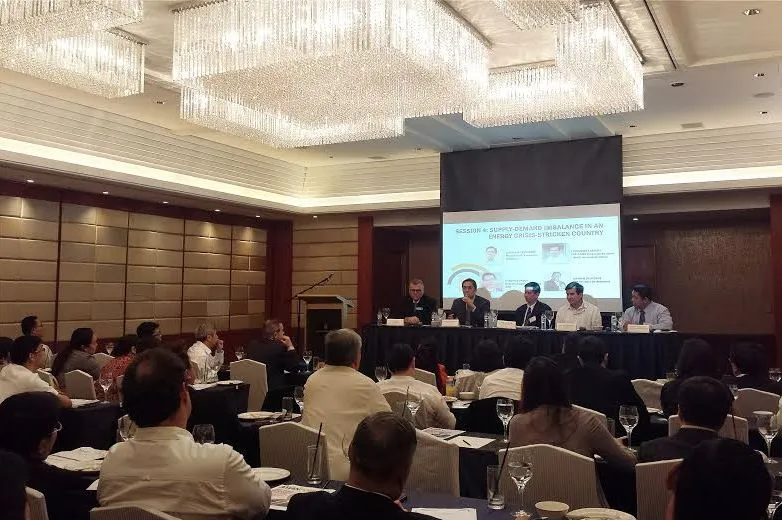
Is there more harm than good in the Philippine power market's changing landscape?
Industry experts throw their insights at the inaugural Asian Power Utility Forum 2016.
If power project financers are still getting the market jitters, they have every reason to be as risks have been continuously bombarding them 15 years after the Electric Power Industry Reform Act was put in place. This is one of the hot industry topics discussed in the inaugural Manila leg of Asian Power Utility Forum 2016.
"RA 9136 or Electric Power Industry Reform Act (EPIRA), enacted on 8 June 2001 mandated the transfer of NPC generating assets and management of NPC’s liabilities in the main grids to the Power Assets and Liabilities and Management Corporation (PSALM) and reduced the mandate of NPC to missionary electrification, operation of NPC generating assets pending disposal by PSALM," Urbano C. Mendiola, Jr., Vice-President, Corporate Affairs at the National Power Corporation explained in a session he led.
Jaime T. Azurin, CFO and EVP for Business Development & Commercial at the Global Business Power, added that EPIRA's basic goal is to create competition among players and bring down electricity rate for consumers. Indeed, it was able to foster a more competitive environment for the industry players as post-EPIRA and after the privatisation of a number of NAPOCOR assets in 2001, generators could deal directly with distribution utilites. Mendiola also commented that further, it institutionalized the provision of a "Universal Charge" with the following purposes: stranded contract cost, stranded debt, environmental charge, and missionary electrification.
However, these postive changes entailed quite bigger flip sides. According to Lawrence Fernandez, Head of Utility Economics at Meralco, the Philippines used to be second to Japan in the highest power prices list. This ranking reveals two things: 1.) Philippine prices are close to the prices in Japan, Singapore, and Australia, where retail power prices reflect what it costs to provide electric service, and; 2.) Where prices are lower than in the above countries, eg, Indonesia, Malaysia, Thailand, power service is subsidized by the government, so consumers pay less than what it actually costs. These he said in a panel discussion where he is joined by Janssen Dela Cruz, AVP Business Development, GBPC, Roderick Padua, Director, Corporate Planning Office, NEA, and Luis Miguel Aboitiz, EVP and COO, Corporate Business Group, Aboitiz Power.
Azurin also pointed out in a session he led that one of the drastic transformation the reform brought was the change from a single-off taker to mutliple off-takers. Market risks have proliferated in the industry as private distribution utility numbers hit 21, electric cooperatives are at 123, and commercial and industrial customers are at 1,402 from a previously government-owned scenario.
"How do you sell the idea of portfolio of assets considering that banks were used to single off-takers and take-or-pay arrangement? How do we mix portfolio assets and how to mix commercial and industrial customers given that they have different demands, load factors, electricity usage?," he rhetorically presented at the session. He added that this created additional business costs and issues with the Bureau of Internal Revenue.
Another hot topic discussed in the forum was the current status of the renewable industry. Ernesto B. Pantangco, vice chairman of the National Renewable Energy Board, revealed in his session that despite the RE law implemented in 2008, its contribution to the national mix suffered a declining trend. "It has dropped from 44% share in 1999 to just 26% in 2014," he said. "But exciting times for RE are still in store as we aim to push the mix to 30% by 2030." Tom O'Meara, general manager for Energy Portfolio Management Solutions at ABB, illustrated the status of RE in North America and Europe and how it could reflect and affect the Philippine market.
The forum's Manila leg was attended by 54 key people from over 20 power firms in the country and the panel discussion was moderated by Asian Power editor Tim Charlton. It kicks off the 5-city event which will bring together the industry's key thought leaders in 5 key cities in Asia -- Manila, Kuala Lumpur, Jakarta, Singapore and Bangkok. Find out more about the event here.

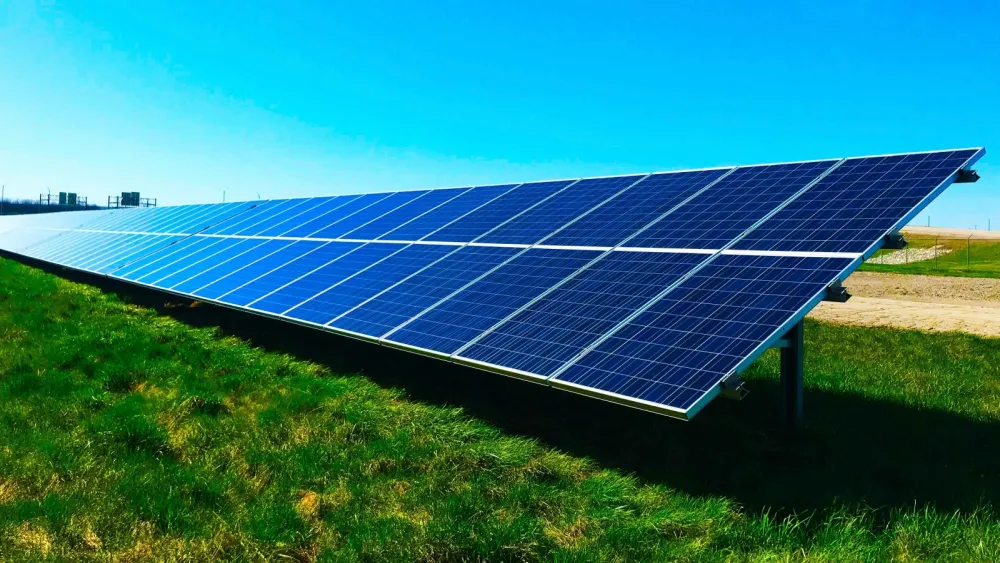
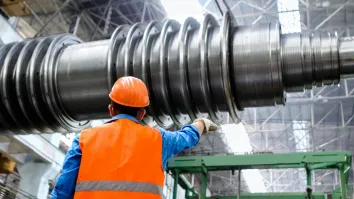

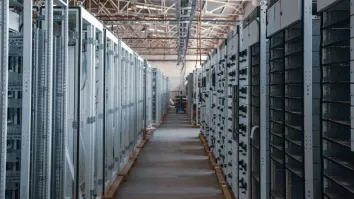
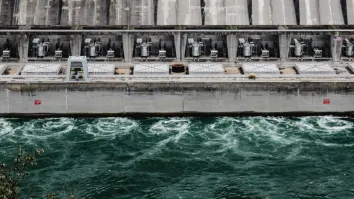













 Advertise
Advertise







